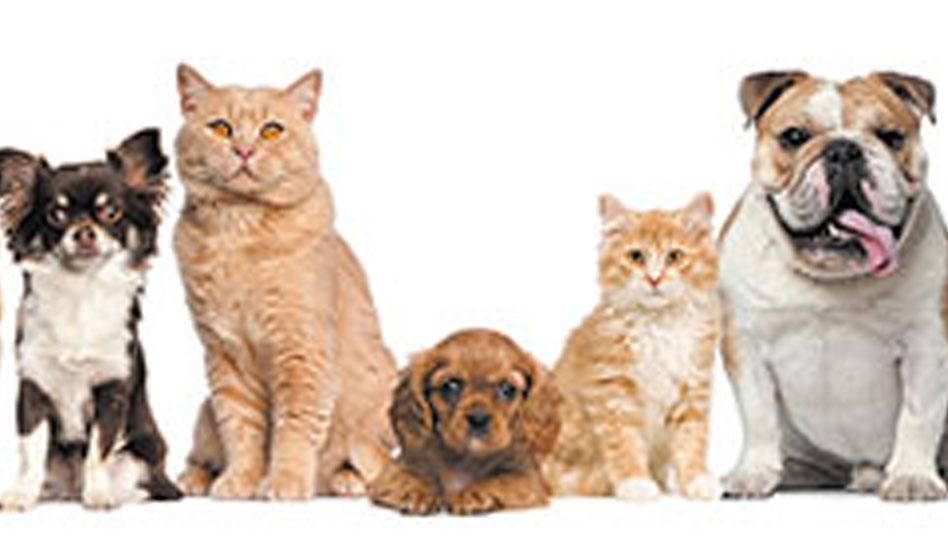Welcome back! I am thrilled to share with you more information about animals through my monthly Dallas Voice column.
In February, we discussed dental care with our dogs and cats, but now we have a new topic: Across our nation, March is known as the Poison Prevention Awareness Month. One important thing to be aware of is that technically anything can be toxic if it is consumed in big enough quantities or if a person or pet is exposed to it long enough.
Some common examples include sugar and alcohol, although many of us love these poisons any day of the year!
Even though we will focus on the most common poisons and toxic products found in most homes, just know that other things can be toxic as well.

Most people know that chocolate is toxic for pets. Baking chocolate is the most toxic type, while white chocolate is the least toxic. Chocolate has methylxanthines, a substance that can lead to vomiting, diarrhea, cardiac issues, seizures and even death. Needless to say, if a Great Dane eats one chocolate chip, it probably would not be as concerning as, say, a Chihuahua eating a whole bag of Snickers candy bars.
Technically, we are not supposed to give human food to our pets (with some exceptions, like carrots).
But let us face reality: Most of us cannot resist those faces begging us for food!
However, be careful with onions and garlic, as these foods can damage blood cells. You also have to be careful with xylitol, a sweetener used in some types of gum, candies and even some peanut butter brands.
If your fur baby ingests a xylitol-containing product, it can lead to hypoglycemia, seizures and liver failure. Ingestion of xylitol should always be considered an emergency.
Grapes and raisins are known to be toxic to be dogs, potentially causing kidney failure. With cats, lilies can be deadly when ingested, causing kidney failure. It is not known why grapes, raisins and lilies are toxic to our pets; we just know they are.
Now let’s talk about alcohol. Most of the people that we know love alcohol, but it can cause sickness and even death in our pets. So, whenever you are enjoying your mimosa or wine or beer, keep your fur baby sober.
Nicotine can also be deadly to our pets. Even cigarette butts may contain enough nicotine to send your baby to the emergency room, so make sure you dispose of them safely.
When it comes to plants, some are more toxic than others. Overall, ingestion of any plant material can cause vomiting and/or diarrhea.
But some plants can cause more serious issues.
There is one plant that everyone knows about: Marijuana. Ingestion of marijuana by our fur babies can lead to neurological and cardiac issues. These intoxicated babies can also get startled easily and seem uncoordinated.
Pets can also get intoxicated with baked goods that contain cannabis. If you suspect that your pet may have ingested marijuana, do not feel like you need to avoid telling your vet! We need to know in order to treat your baby quickly and efficiently. Most of us will not even judge you!
As a general rule, do not ever give medications to your pet that you use for yourself without consulting your veterinarian. Some common medications used in human medicine may have a different use with animals or may even be toxic to them.
For example, ibuprofen and acetaminophen can cause stomach ulceration with dogs, which can lead to stomach rupture. They can also cause kidney failure and neurological disease that can end in seizures and death. Acetaminophen and ibuprofen are considered lethal to cats!
If you ever suspect your fur baby has ingested or been exposed to anything toxic, please make sure to contact your veterinarian or the ASPCA Animal Poison Control Center at 888-426-4435 right away, as they are available 24/7. Make a note of what your baby ingested, including time and quantity. If there is a wrapper or label, save it so that you can use that information.
Lastly, if Dr. Google says anything about anything, confirm with your veterinarian if it is true or not. 😉
Thank you so much for taking the time to read my column, and I look forward to sharing more information on the first Friday of every month! Until then, keep your fur babies safe. Abrazos!
Dr. Josh owns Isla Veterinary Boutique Hospital in 14380 Marsh Ln. Ste. 110 Addison, TX 75001 (Next to Tom Thumb). Contact him by phone at 972-738-1111 or visit IslaVet.com.














